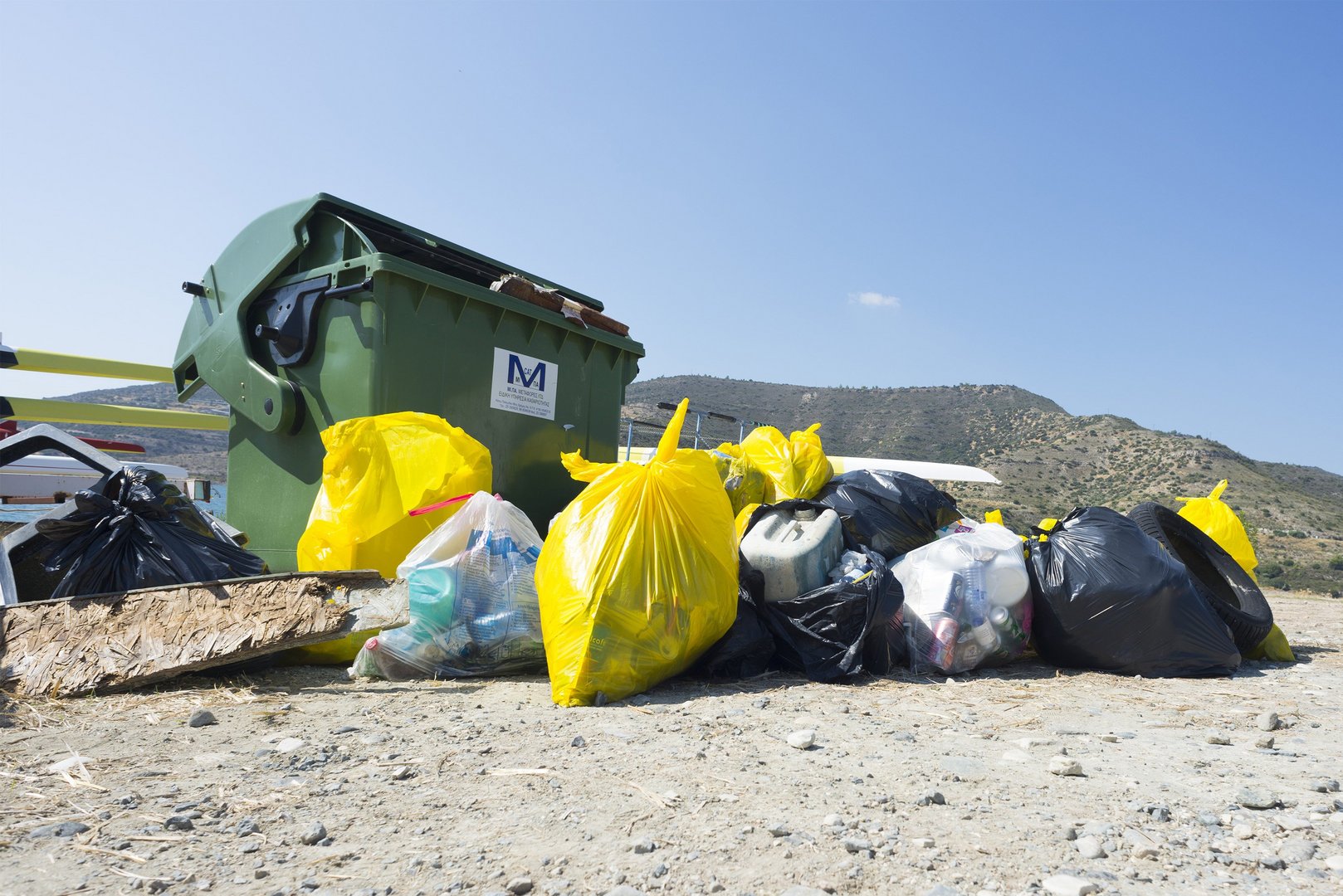
The letter from the Director of Circular Economy at the European Commission Aurel Ciobanu-Dordea, about Cyprus’ failure to meet recycling targets and reduce landfilling, should have come as no surprise. Waste management decisions at government and technocratic levels have been slapdash and rarely thought through, ensuring disappointing results and spiralling costs.
Ciobanu-Dordea said Cyprus had “failed to establish an integrated and adequate network of waste management installations for mixed municipal waste, including installations for the treatment of waste before landfilling.” He reminded that the Commission had sent a letter of formal notice to the government saying it considered Cyprus had breached waste legislation by its failure to adequately treat waste before landfilling.
Cyprus was still sending 67 per cent of household waste to landfills, which was six times the maximum target set by the EU. There was also a high likelihood Cyprus would miss the Commission’s recycling targets for 2025, by which time 55 per cent of municipal waste had to be recycled. In 2020 we were still only recycling 16.8 per cent of waste.
Policies for dealing with waste have exposed both government and technocratic failure. There has never been a comprehensive plan for waste treatment, separation of household waste and recycling. For example, recycling has been left at the discretion of each household – there are recycling bins scattered around neighbourhoods and if householders can be bothered, they take their paper, bottles and plastics to these bins. Some municipalities have set up collection centres for recyclable household items, but again these depend on individuals driving there.
Treatment plants for household waste have not been a big success. Old technologies are being used and for years the state was overcharged by the contractor. There was also the disaster of the Pentakomo plant which was awarded to two companies without any previous experience in waste treatment, against the advice of the EU, because they had submitted the lowest offer. The contract was terminated last year, because more than 60 per cent of the waste went to a landfill, and the contractor has taken the government to court. One of the arguments was that the household waste was too moist and could not be treated.
Was this because households and businesses refused to separate their waste? Ciobanu-Dordea touches on this in his letter, saying that the early warning report for Cyprus “recommended the extension of the separate collection at source to all population, coupled with awareness raising campaigns on how citizens can prevent waste and improve waste segregation at source.” Waste segregation at source has been undertaken by very few municipalities, but otherwise it is not taking place; nor have there been any awareness raising campaigns.
This could be attributed to the failure of setting up a single authority to deal with waste, recycling etc. It was initially the responsibility of the interior ministry and was then passed on to the agriculture ministry, while a few municipalities have undertaken the odd initiative. What is needed is a national policy, with an implementation strategy, tangible targets, costings, time frames. Responsibilities could be delegated to district authorities and municipalities, but there must be a supervisory body ensuring everything is going to plan. The government needs to work on a unified action plan as a matter of priority.


